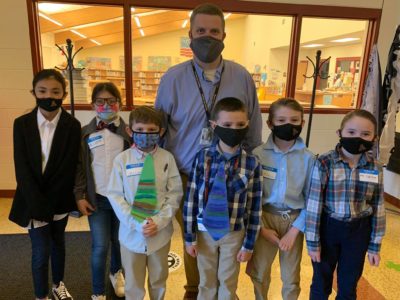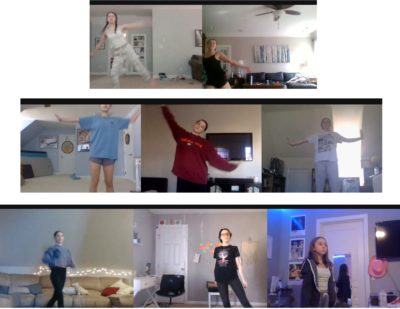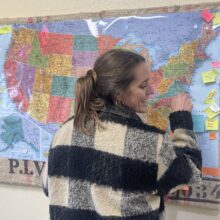What do you think about arts education in North Carolina? From January to March 2021, we ran a Reach NC Voices survey to learn about the arts education issues that matter to you. We heard from arts educators, professionals working in the arts, parents, and more. We learned about resources educators depend on in the classroom and what you believe are the most important arts-related issues today.
Recommended Reading
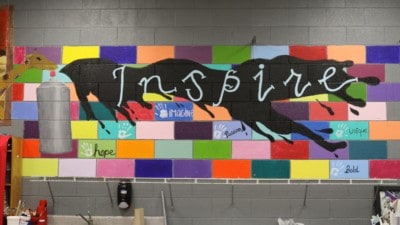
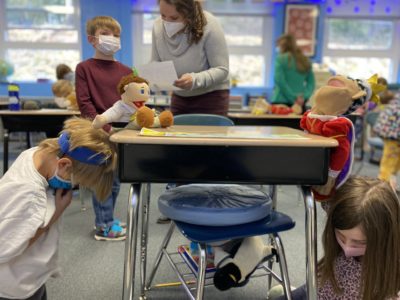
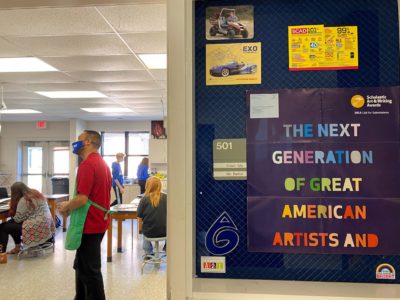
According to Americans for the Arts, a national arts nonprofit, “91 percent of Americans believe that the arts are vital to providing a well-rounded education.” In July 2020, Senate Bill 681 was signed into law, creating an arts high school graduation requirement in North Carolina. According to this law, “A student must complete one arts credit (music, visual art, theatre arts, dance) between Grade 6 and Grade 12 in order to graduate from high school, beginning with those students entering Grade 6 in 2022.”
Here are the results of our statewide arts education survey. There were 130 participants who made 146 comments. Of those participants, 81% identify as arts educators. Your comments will inform the stories we seek in the arts education space.
What discipline(s) is (are) your main focus?
What county is your school located in?
Of these topics, which is the most important to you?
What topics or stories would you like covered by EducationNC?
We had 36 comments in response to this question. To see the full report, click here.
Student equity in music education
Arts education/integration, professional development for arts educators
NC Artist past and present, museums and day trips for the visual arts, natural resources effecting the arts and culture of NC
Adapting music for nonverbal autistic students, John Coltrane, and additional non-singing lessons that still allow for complete coverage of state standards
Techniques to capture student interests and make them think and anything relatable to them that will interest them in the learning process
How to build district wide programs – tool kits for parent education and engagement – how do I make my fine arts program the BEST in the country from ground up!
Advocating for how intrinsically important the arts are to school administrators and policy makers. “Spreading the word” on the misuse of “core classes” now that ESSA has changed the wording to “well-rounded” and now includes the arts.
How much state funding do counties get specifically for arts education? How is money distributed and are there guidelines for the use of the funds? How are the counties held accountable?
Success stories from arts educators. Stories of educators collaborating across schools and districts. Teacher leaders who present in and outside of their district, what makes them successful.
Describe the programs and resources that have helped you most in the classroom.
We had 24 comments in response to this question. To see the full report, click here.
Art teachers’ websites from other districts, Instagram.
David Row’s music blog, Purposeful Pathways curriculum, Zoom’s ability to record live and share screen, movement materials.
Workshops with NCMA
Donors Choose, because the budget for arts education at my school is nearly zero. I am leaning heavily on the experiences and trainings I received in Georgia during my first 12 years of teaching, because there is so little offered near me. My district doesn’t have a proper arts coordinator at this time, so there isn’t anyone to organize trainings or professional development for us, even if money were available. It would also be nice if the state offered travel expenses and workshop fees for trainings that are out of our area, since there isn’t anything offered here.
As the only dance teacher in the county I have had to reach out to teachers all over the country and sometimes figure it out on my own. NDEO has been a great resource but I have had to figure most of this COVID stuff out on my own.
Being at a well funded arts magnet high school. I have a great department with teachers who really work together for the good of our entire community. We also have an amazing PTSA who helps to fund and support our arts programs.
Training the national and local chapters of: the American Orff Schulwerk Association, American Eurhythmics Society, Dalcroze Society of America, Organization of Kodály Educators, Feierabend Association for Music Education, and the National Association for Music Education.
Resources and webinars from professional organizations like NCMEA and ASTA (national organization of which NC-ASTA is part)
EducationNC has been covering arts education since January. We have joined band classes, visited an A+ North Carolina School, and even participated in a visual arts class, stepping in as a model for gesture drawings. Click here to see our arts coverage so far this year.
We are searching for more stories and will continue to write about North Carolina arts education issues. Do you have an arts perspective you’d like to write for EducationNC? See here for the perspective guidelines and email cparker@ednc.org with your perspective idea.
Recommended reading
